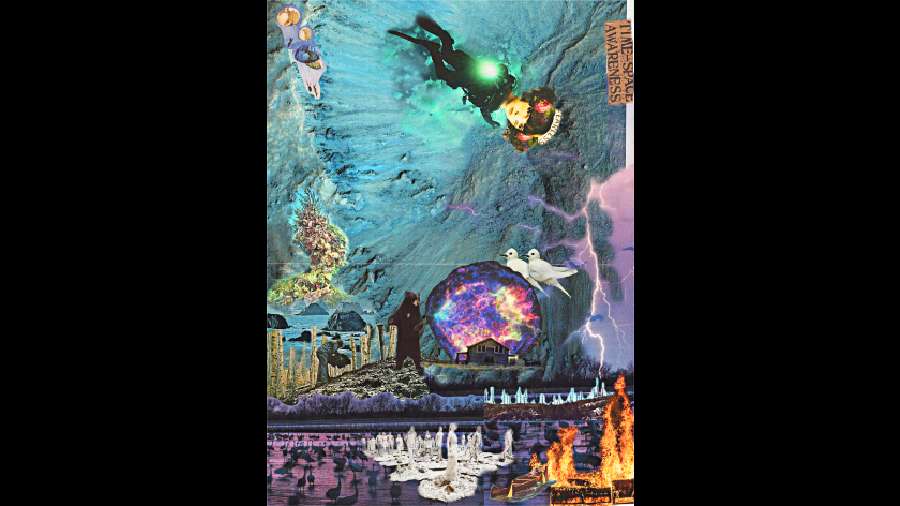Book: Things We Found When The Water Went Down: A Novel
Author: Tegan Nia Swanson
Publisher: Catapult
Price: $22.95
Tegan Nia Swanson’s book is a menagerie. It brings together strange and diverse characters who, despite their differences, give it a sense of harmony. This saga of the Abernathy women, all connected by blood and myth but peculiar in their own ways, is about the oddities in our everyday lives — our cities, towns and neighbourhoods — and our rejection of them because of incomprehension. The setting, Beau Caelais, could be anywhere. Marietta Abernathy could be any slightly kooky woman living in a small town, her offsprings bearing the weight of gossipy whispers about their mother. The novel speaks in the tongue of these women who are rejected by society — who are too loud, queer, speak uncomfortable truths or ask difficult questions — and, thus, on whom violence is unleashed by society in retribution.
Myth and reality cease to become antonymous in the novel. The three generations of Abernathy women — Ursa, Marietta and Emalene — have the mist of mythology hanging over them. Ursa, “the Mountain”, establishes the connection between the Abernathy women and the Women Beneath. Marietta, “the Loon Woman”, is rumoured to be able to slip through holes like oil into concrete; her disappearance from a locked jail cell sets the story in motion. Emalene, the one who followed in her mother’s footsteps and takes over the task of operating the Paper Moon Menagerie, is the archiver of the disappearing world. She is intent on keeping alive their link to the Women Beneath.
Described as dark, Nordic eco-noir, the book highlights the alarming consequences of the toxic relationship between nature and human beings. Keeping the Mesabi mines in the background of the events that transpire in the novel enables Swanson to also turn it into a diorama to show the effects of thoughtless industrialisation and the consequent triumph of greed over good sense. The Paper Moon Menagerie, Marietta’s environmental archival project, then becomes a symbol of hope and the Abernathy women the torchbearers of this hope.










